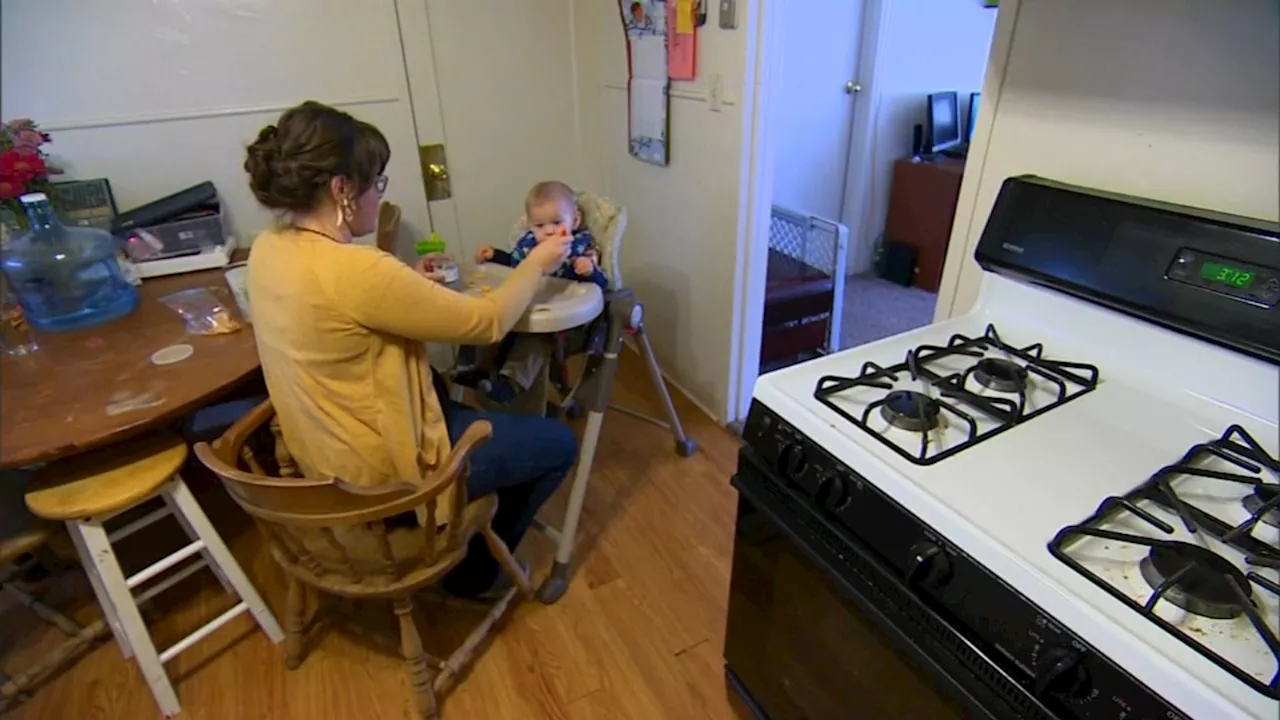The FDA issued voluntary limits on lead in processed baby foods, aiming to reduce exposure in young children. However, consumer advocates argue the limits are too lenient and should cover a wider range of products.
The FDA issued guidance that could reduce lead exposure from processed baby food s by about 20% to 30%. Lead and other toxic heavy metals have been found in dangerously elevated amounts in some commercial baby food s sold in the United States. The U.S.
Food and Drug Administration on Monday set maximum levels for lead in baby foods like jarred fruits and vegetables, yogurts and dry cereal, part of an effort to cut young kids' exposure to the toxic metal that causes developmental and neurological problems. The agency issued final guidance that it estimated could reduce lead exposure from processed baby foods by about 20% to 30%. The limits are voluntary, not mandatory, for food manufacturers, but they allow the FDA to take enforcement action if foods exceed the levels. It's part of the FDA's ongoing effort to 'reduce dietary exposure to contaminants, including lead, in foods to as low as possible over time, while maintaining access to nutritious foods,' the agency said in a statement. Consumer advocates, who have long sought limits on lead in children's foods, welcomed the guidance first proposed two years ago, but said it didn't go far enough. 'FDA's actions today are a step forward and will help protect children,' said Thomas Galligan, a scientist with the Center for Science in the Public Interest. 'However, the agency took too long to act and ignored important public input that could have strengthened these standards.' The new limits on lead for children younger than 2 don't cover grain-based snacks like puffs and teething biscuits, which some research has shown contain higher levels of lead. And they don't limit other metals such as cadmium that have been detected in baby foods.Brian Ronholm, director of food policy for Consumer Reports, called the limits 'virtually meaningless because they're based more on industry feasibility and not on what would best protect public health.'There's no safe level of lead exposure for children, according to the U.S
FDA Lead Baby Food Food Safety Health
United States Latest News, United States Headlines
Similar News:You can also read news stories similar to this one that we have collected from other news sources.
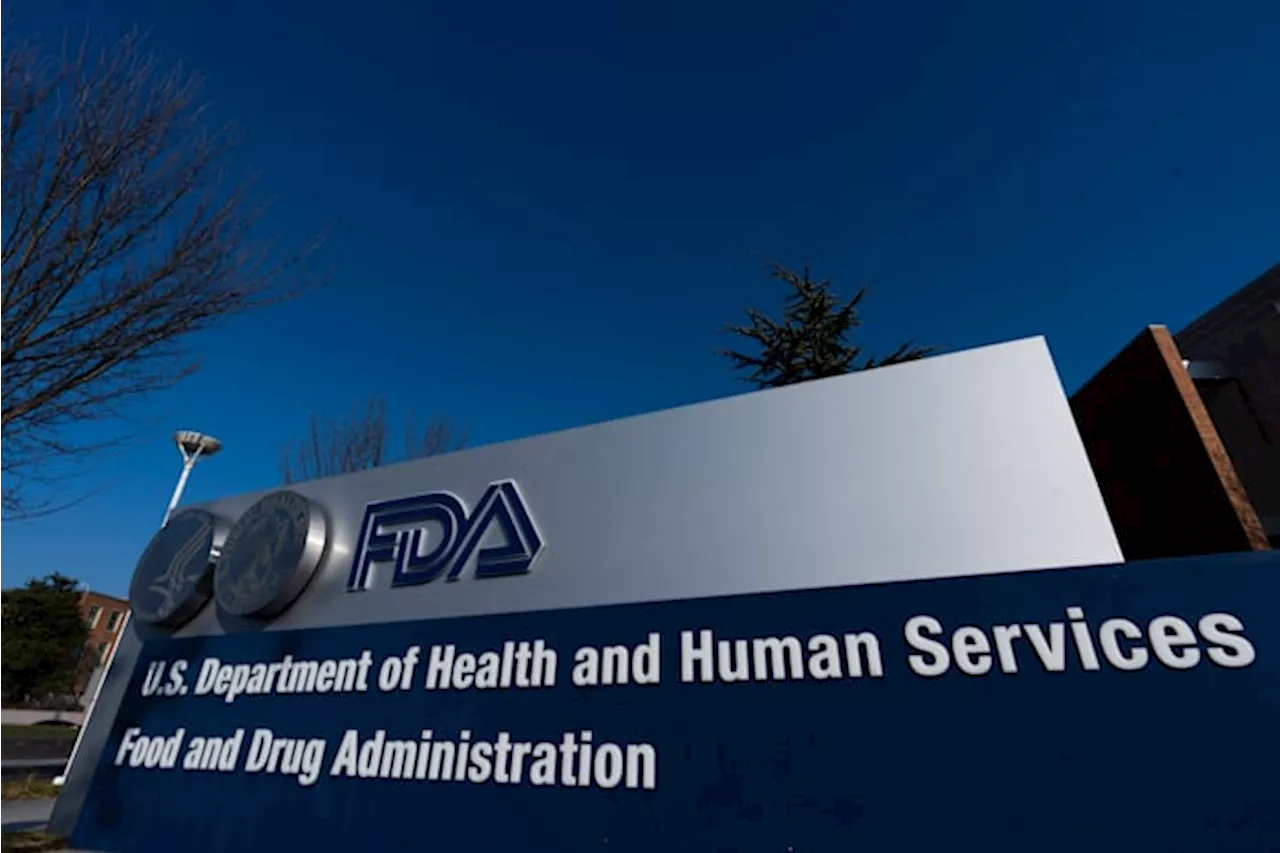 FDA Sets Limits on Lead in Baby FoodsThe U.S. Food and Drug Administration (FDA) has issued voluntary limits on the amount of lead allowed in baby foods. This move aims to reduce young children's exposure to lead, a known neurotoxin. The FDA estimates these limits could lower lead exposure from processed baby foods by 20% to 30%.
FDA Sets Limits on Lead in Baby FoodsThe U.S. Food and Drug Administration (FDA) has issued voluntary limits on the amount of lead allowed in baby foods. This move aims to reduce young children's exposure to lead, a known neurotoxin. The FDA estimates these limits could lower lead exposure from processed baby foods by 20% to 30%.
Read more »
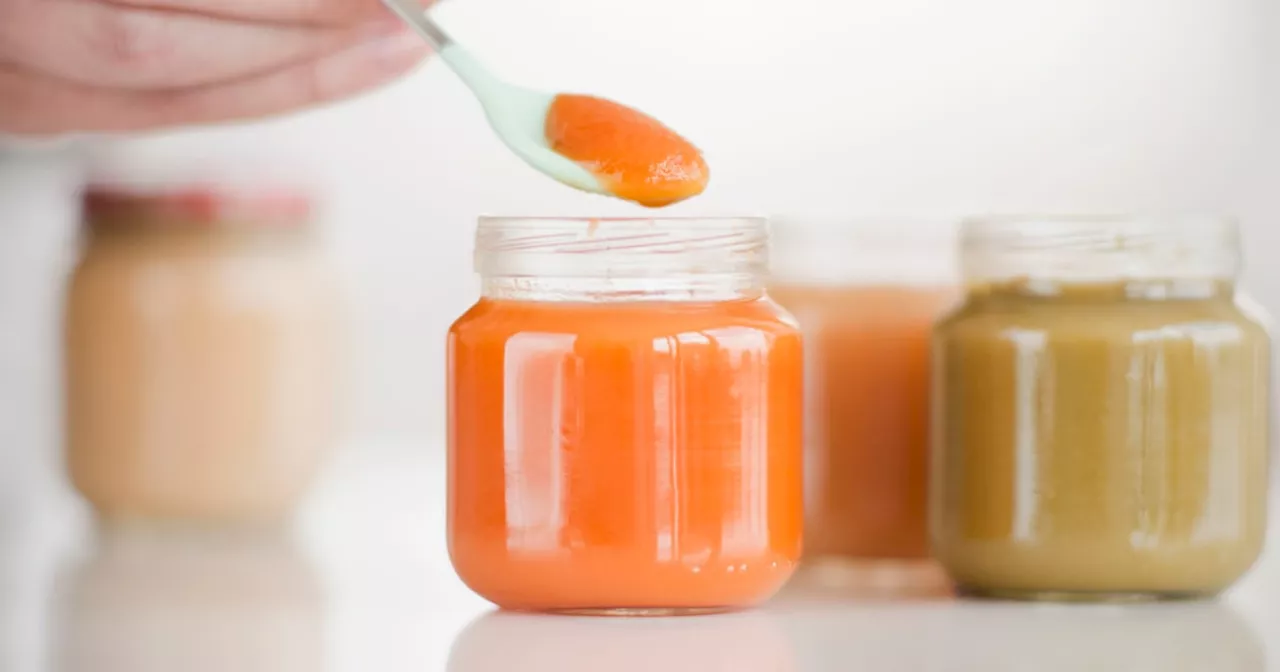 FDA Sets Lead Limits in Baby Foods, But Advocates Say It Doesn't Go Far EnoughThe U.S. Food and Drug Administration (FDA) has established voluntary maximum levels for lead in baby foods, aiming to reduce children's exposure to the harmful metal. While consumer advocates applaud the move, they argue the limits are insufficient and should extend to more products.
FDA Sets Lead Limits in Baby Foods, But Advocates Say It Doesn't Go Far EnoughThe U.S. Food and Drug Administration (FDA) has established voluntary maximum levels for lead in baby foods, aiming to reduce children's exposure to the harmful metal. While consumer advocates applaud the move, they argue the limits are insufficient and should extend to more products.
Read more »
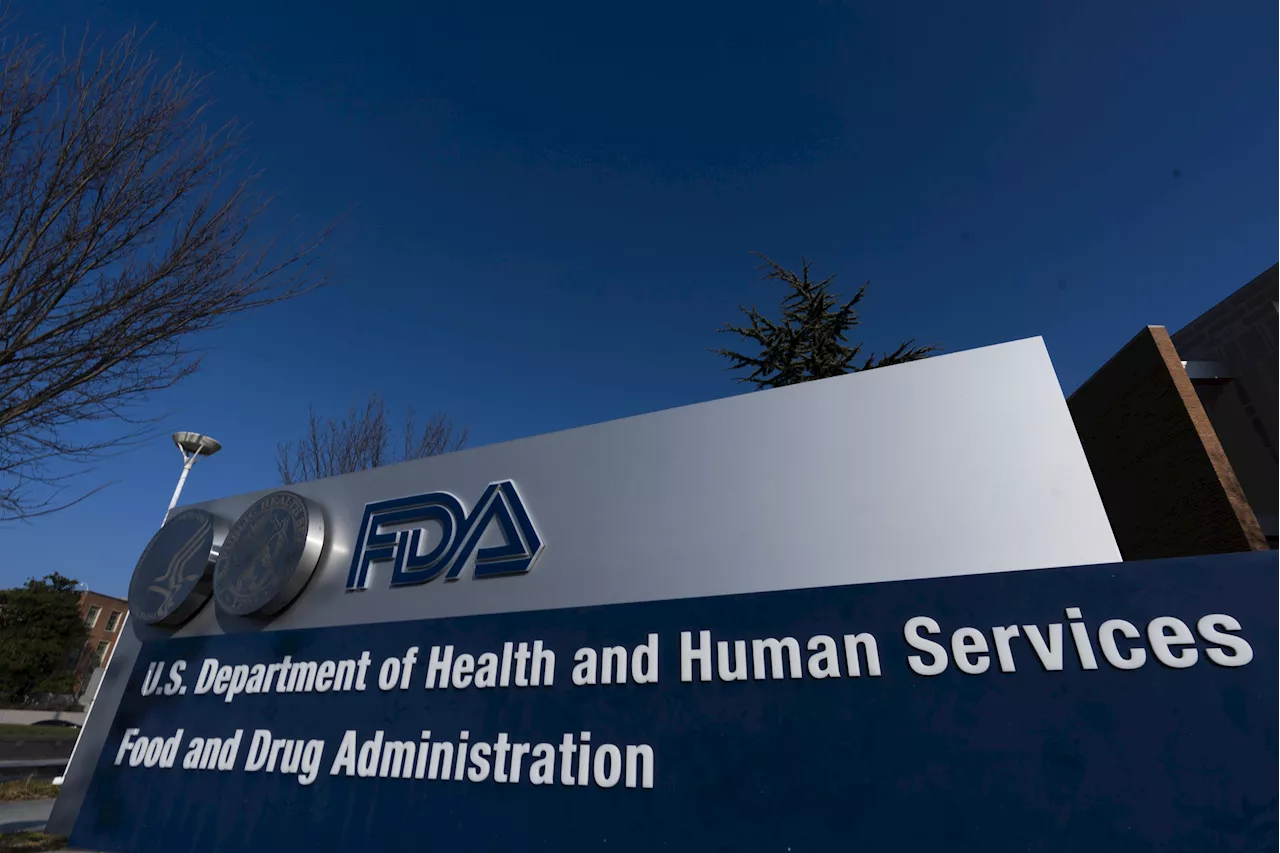 FDA Sets New Voluntary Lead Limits for Baby FoodsThe FDA has implemented new guidelines to reduce lead levels in baby foods, aiming to protect children from the harmful effects of lead exposure.
FDA Sets New Voluntary Lead Limits for Baby FoodsThe FDA has implemented new guidelines to reduce lead levels in baby foods, aiming to protect children from the harmful effects of lead exposure.
Read more »
 FDA sets limits on lead in some baby foodsBut consumer advocates say the Food and Drug Administration's new guidance on lead limit in baby food doesn't go far enough.
FDA sets limits on lead in some baby foodsBut consumer advocates say the Food and Drug Administration's new guidance on lead limit in baby food doesn't go far enough.
Read more »
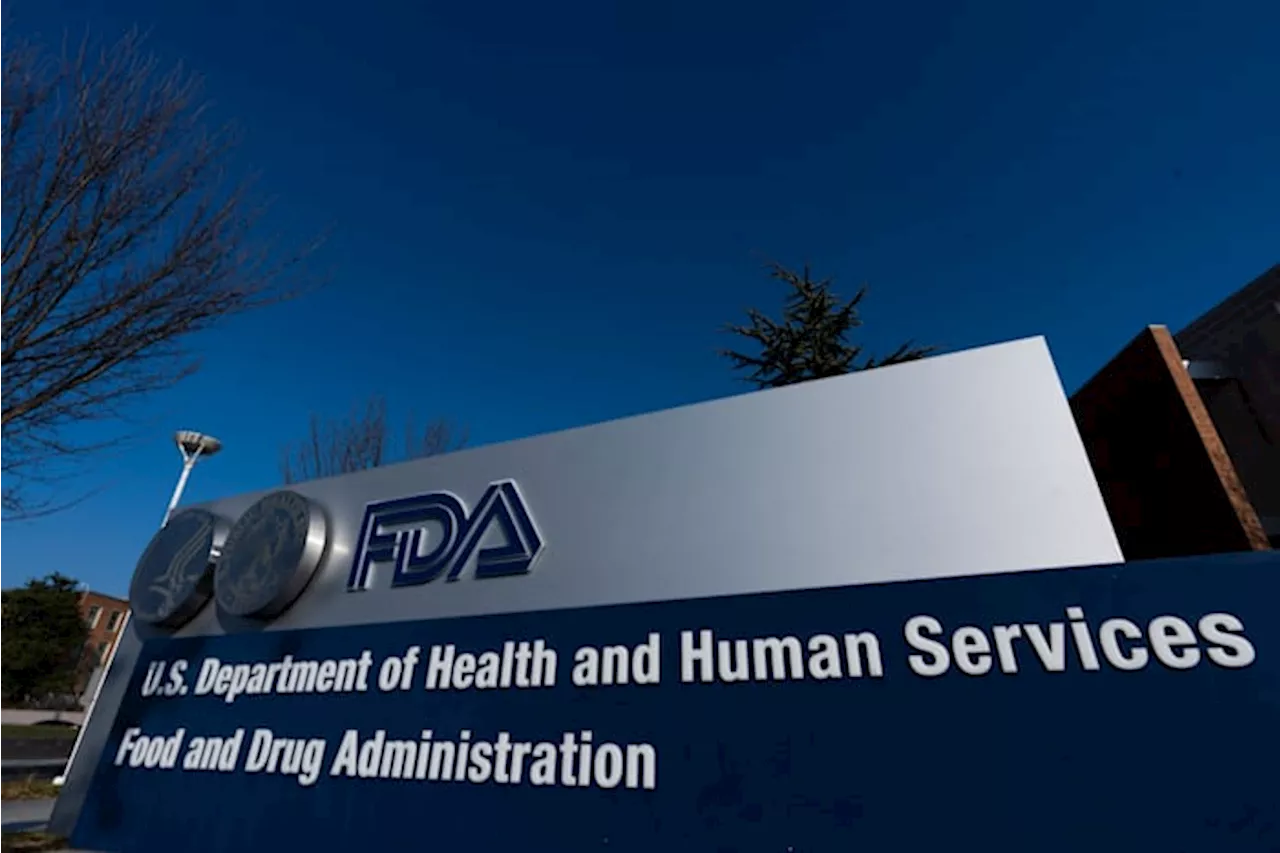 FDA Sets Lead Limits in Baby FoodsThe U.S. Food and Drug Administration has established maximum levels for lead in baby foods, aiming to reduce children's exposure to this harmful contaminant.
FDA Sets Lead Limits in Baby FoodsThe U.S. Food and Drug Administration has established maximum levels for lead in baby foods, aiming to reduce children's exposure to this harmful contaminant.
Read more »
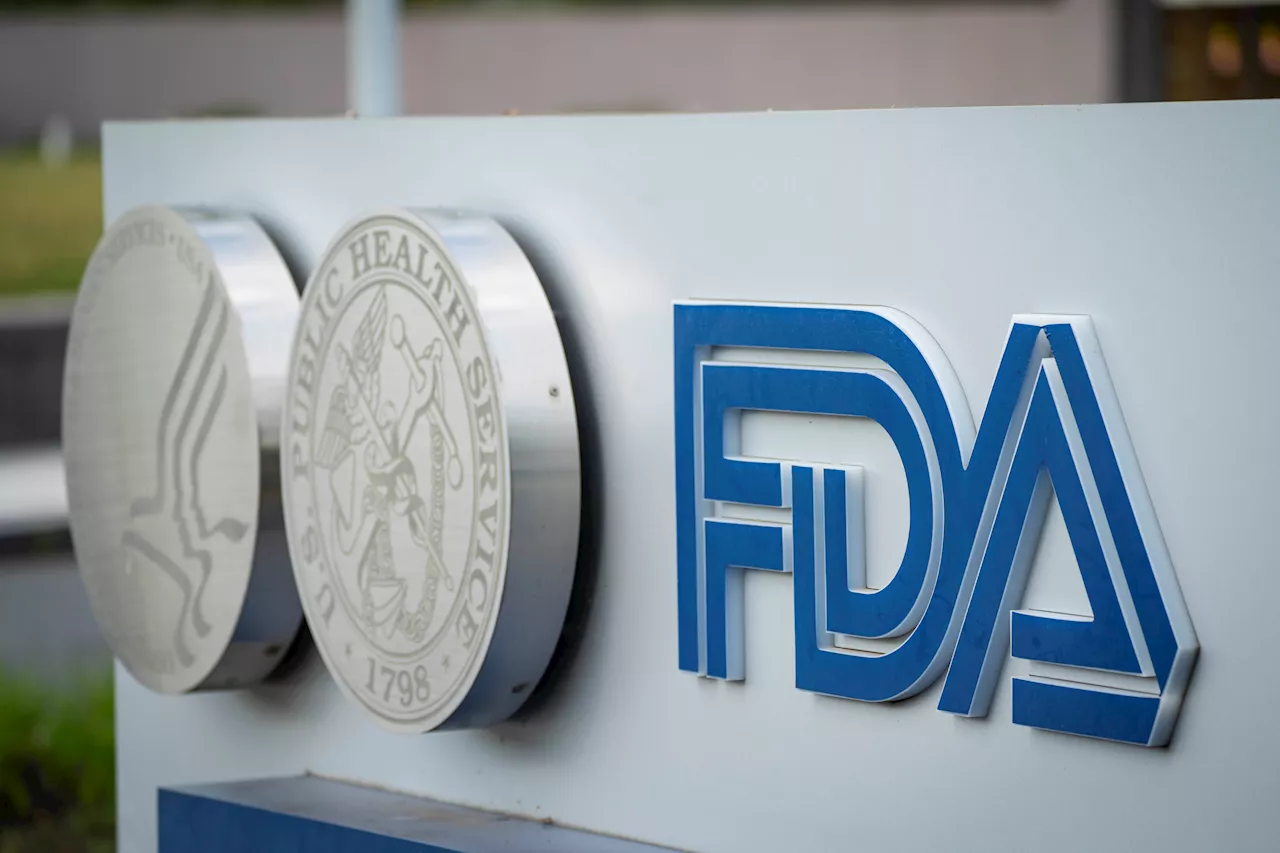 FDA Sets Voluntary Lead Limits for Baby FoodsThe FDA sets voluntary limits on lead in processed baby foods, aiming to reduce lead exposure in young children. While welcomed by consumer advocates, the limits are criticized for not being stringent enough.
FDA Sets Voluntary Lead Limits for Baby FoodsThe FDA sets voluntary limits on lead in processed baby foods, aiming to reduce lead exposure in young children. While welcomed by consumer advocates, the limits are criticized for not being stringent enough.
Read more »
